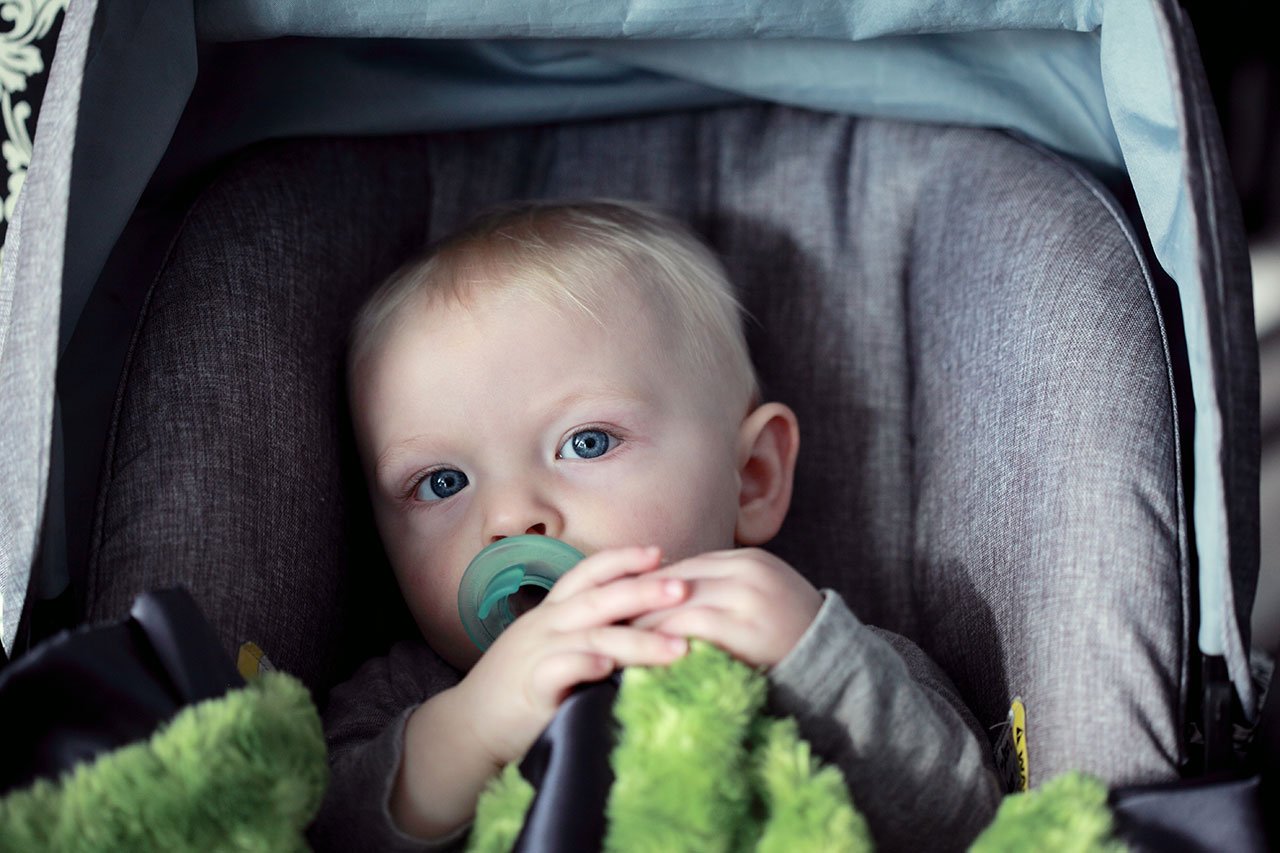
For parents, nothing matters more than the safety and well-being of their children. This November, in honor of National Child Safety Month, we encourage families and loved ones with small children to take steps to prevent accidents and injuries and to protect children from hazards at home and in the world.
Severe injuries and accidental deaths can occur in children from objects and situations that might seem harmless to adults. According to the Centers for Disease Control, nearly 13,000 children under 18 visit emergency rooms yearly due to unintentional injuries. Here are a few critical safety measures you can take in and around your home to ensure your children stay out of harm’s way.
- Keep an eye on sleeping infants. Infants should sleep face up on a firm mattress inside their crib. Loose sheets, blankets, and toys are unnecessary and can put an infant at risk of choking or suffocation.
- Fires and carbon monoxide are severe risks for children and entire families. Detecting a fire or carbon monoxide leak early is crucial. Don’t forget to check and change the batteries in your household smoke alarms and carbon monoxide detectors. If you live in a multi-level home, there should be at least one alarm per level. Test the alarms to make sure they work.
- Set an upper limit on your water heater. Aim for a maximum temperature of about 120 degrees F to prevent scalding water from injuring a child in your home.
- Keep all cleaning supplies and chemicals out of children’s reach. Art supplies, laundry soap, standard house cleaners, and any other solvents with chemicals should be in locked cupboards or placed on high shelves where children cannot see or reach them. The same goes for medications, vitamins, and supplements. Make a practice of returning any of these substances to their safe location after each use to prevent accidental poisoning.
- All young children under age 3 must ride in a rear-facing car seat, and children 3-7 years old should ride in a forward-facing car seat. Any time you drive, secure your child in a car seat and keep them safe in an accident. Car seats must be installed and used correctly. Also, take care to ensure that you have the correct car seatfor your child’s weight. Pay attention to product recalls – if a manufacturer announces that your car seat is defective, have it fixed or replaced as soon as possible. Be on the lookout for car seat expirations, as well. Older children must wear seatbelts. Children should not ride in the front seat until they are at least 13 years old.
- Be aware of risks in your kitchen. When cooking, use your stove’s back burners and turn pan handles away so children can’t reach or knock hot pots over.
- Always choose age-appropriate toys. Keep all small objects or breakable toys out of sight for children under five, and supervise them closely. Coins, marbles, stones, and other small objects could quickly end up in a child’s mouth if you are not vigilant.
- Take care to keep children water-safe. Drowning can occur in just a few inches of water. Whether at the swimming pool or near a toilet, familiarize yourself with water-safety essentials.






